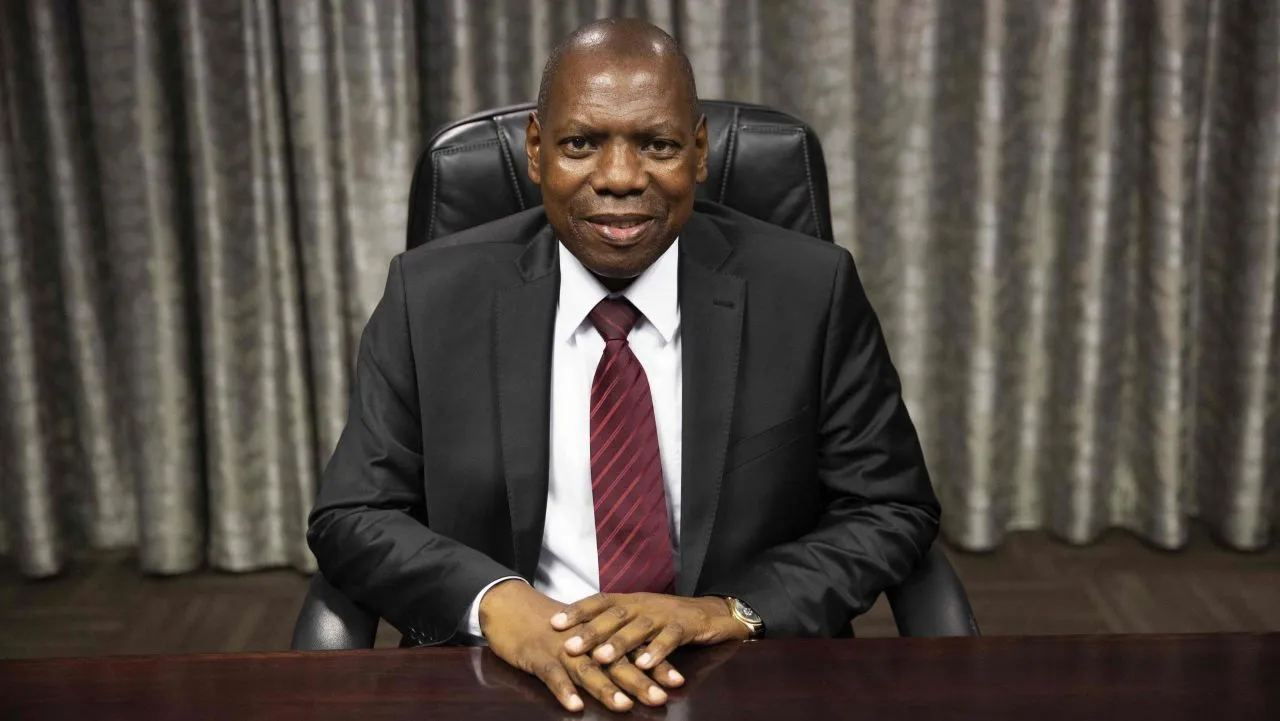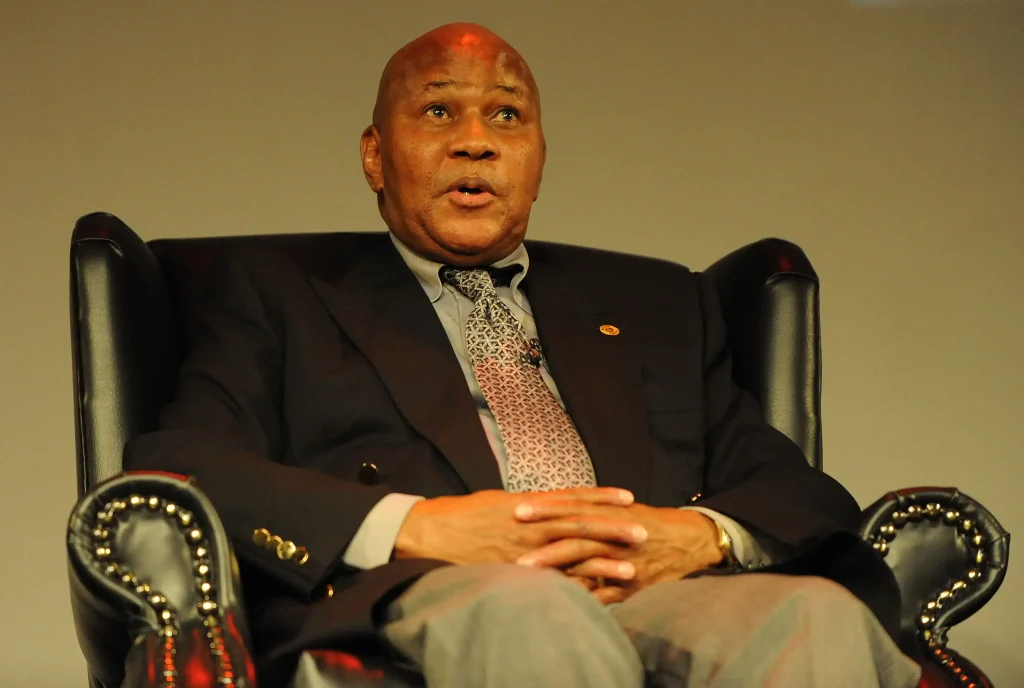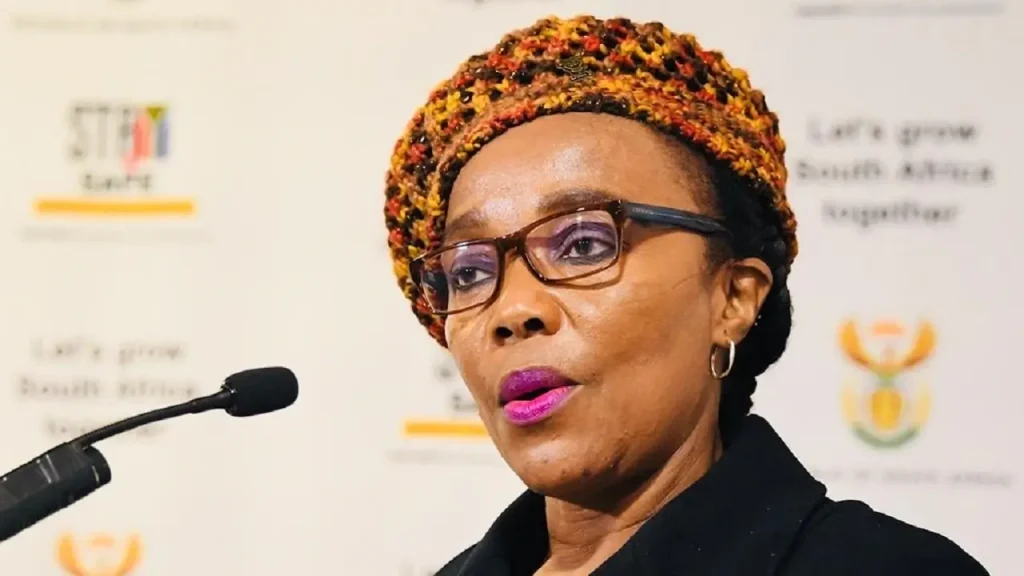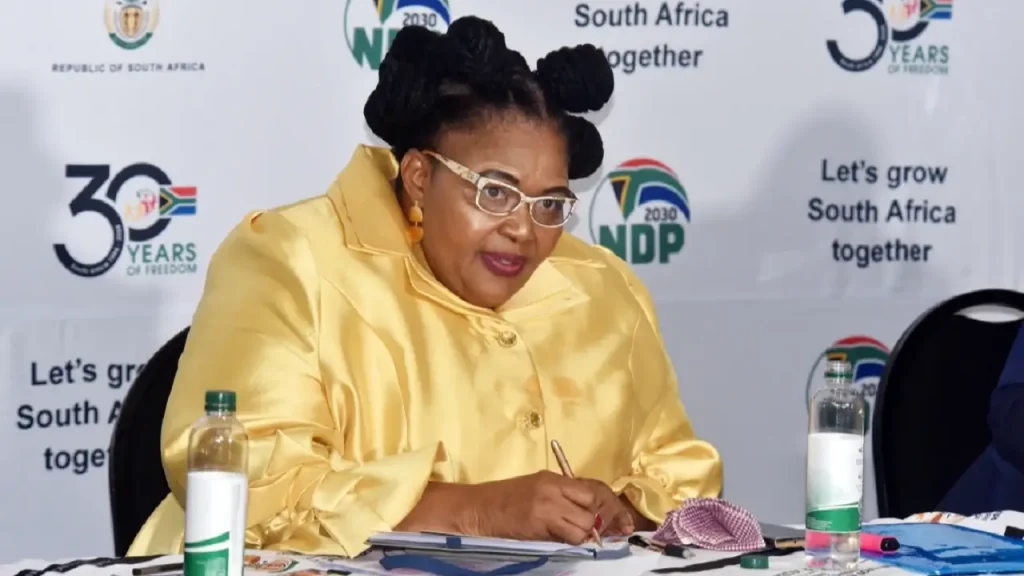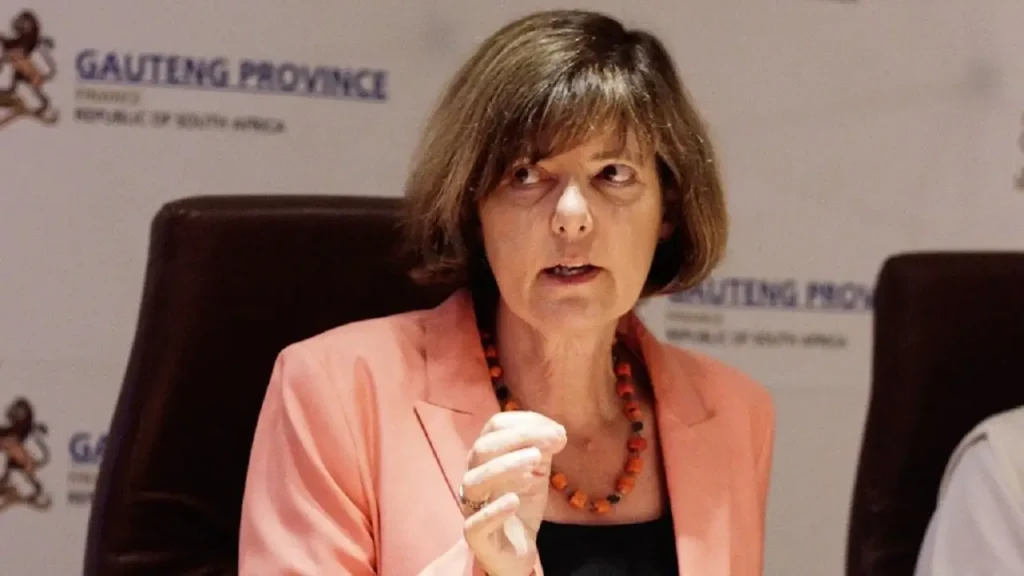Zweli Mkhize is a prominent South African medical doctor and politician, known for his contributions to both healthcare and the political landscape. From being a key figure in the fight against apartheid to serving as a national leader, Mkhize has played an essential role in South Africa’s post-apartheid journey. Below are 21 facts that you should know about him:
1. Born Into a Political Legacy
Zweli Mkhize was born on February 2, 1956, in Willowfontein, Pietermaritzburg, in KwaZulu-Natal. Hailing from the influential Zulu Mkhize clan, he grew up in a family with a strong political and cultural heritage, setting the stage for his later involvement in politics and activism.
2. A Medical Background
Before his rise to political prominence, Mkhize pursued a medical degree and graduated with an MBChB from the University of Natal in 1982. His medical career laid the foundation for his later leadership role in South Africa’s health sector.
3. Active in Anti-Apartheid Movements
In the mid-1980s, Mkhize joined Umkhonto weSizwe (MK), the armed wing of the African National Congress (ANC). He was involved in the resistance to apartheid, especially in the violent political environment of KwaZulu-Natal.
4. Exiled During Apartheid
Due to his anti-apartheid activism, Mkhize was forced into exile in Swaziland (now Eswatini) and Zimbabwe. During his exile, he continued his medical practice while contributing to the underground resistance movement.
5. Key Role in Post-Apartheid Health Policy
After returning to South Africa in 1991, Mkhize worked as a member of the ANC’s National Health Secretariat, playing a pivotal role in shaping health policy for the new democratic South Africa.
6. Served as MEC for Health in KwaZulu-Natal
From 1994 to 2004, Mkhize served as the Member of the Executive Council (MEC) for Health in KwaZulu-Natal, becoming the longest-serving health MEC in South Africa’s history. He managed the province’s health response during the height of the HIV/AIDS epidemic.
7. Minister of Health Under President Ramaphosa
In May 2019, Mkhize was appointed Minister of Health under President Cyril Ramaphosa. His leadership was vital during the COVID-19 pandemic, where he spearheaded the country’s response to the health crisis.
8. Controversial Resignation Amid Scandal
Mkhize resigned from his post as Minister of Health in August 2021 amid allegations of corruption related to the Digital Vibes scandal. His family was accused of benefiting from a state contract awarded to the communications company.
9. Political Strategist for Jacob Zuma
Mkhize was a key political ally of former President Jacob Zuma. He played a significant role in Zuma’s rise to the ANC presidency and helped cement the ANC’s stronghold in KwaZulu-Natal.
10. A Distinguished Leader in ANC Politics
Mkhize was elected National Treasurer-General of the ANC in 2012. His leadership in the party, particularly in KwaZulu-Natal, helped shape the political landscape of the province and beyond.
11. Premier of KwaZulu-Natal
In 2009, Mkhize became the Premier of KwaZulu-Natal. Under his leadership, the province experienced substantial development, but his tenure was also marked by political challenges and tensions within the ANC.
12. Took a Stand on HIV/AIDS Treatment
Despite being in a government led by HIV/AIDS denialism under former President Thabo Mbeki, Mkhize supported antiretroviral treatment trials in KwaZulu-Natal, which was a brave decision given the national context.
13. Faced an Assassination Plot
In 2010, a plot to assassinate Mkhize was uncovered when five men were arrested in possession of illegal firearms. The alleged target was Mkhize, and the incident highlighted the tense political rivalries within the ANC at the time.
14. Education Advocate
Mkhize has always emphasized the importance of education. He served as the Chancellor of the University of KwaZulu-Natal from 2009 to 2017, contributing significantly to the academic and administrative progress of the institution.
15. A Key Figure in the 2017 ANC Leadership Race
Mkhize campaigned for the ANC presidency in 2017, positioning himself as a “unity candidate” during the party’s leadership contest. Although he did not win, his candidacy earned significant support, particularly from those seeking an alternative to the Zuma and Ramaphosa factions.
16. Former ANC Provincial Chairperson
Before rising to national prominence, Mkhize was the ANC provincial chairperson in KwaZulu-Natal. His leadership solidified his position as one of the most influential political figures in the province.
17. A Champion for Economic Development
In addition to his work in healthcare, Mkhize has played a key role in economic development. As MEC for Finance and Economic Development in KwaZulu-Natal, he implemented austerity measures that were hailed as effective in managing the province’s budget.
18. Survived Political Rivalries
Mkhize’s political career has not been without challenges. He survived fierce rivalries within the ANC, including a 2012 scandal involving leaked intelligence reports that allegedly implicated him in an internal plot to depose Zuma.
19. Played a Crucial Role in 2010 World Cup Preparations
Mkhize chaired the political oversight committee for the 2010 FIFA World Cup in South Africa, ensuring that the event’s legacy would have a positive impact on the nation’s development.
20. Known for His Pragmatic Leadership
Mkhize is widely regarded as a pragmatic leader, skilled in navigating the complexities of South African politics. His ability to maintain influence despite challenges is a testament to his strategic political acumen.
21. Mkhize’s Legacy and Future in South African Politics
Despite the controversies surrounding his resignation from the health ministry, Mkhize remains an influential figure in South African politics. His legacy as a health minister, provincial leader, and ANC strategist will likely continue to shape the future of the country’s political landscape.

